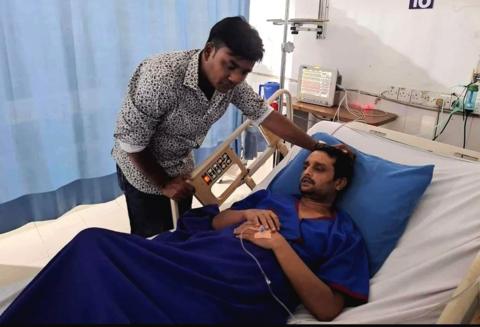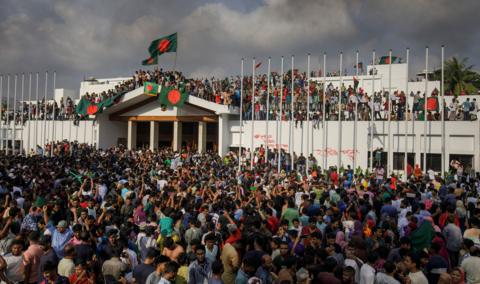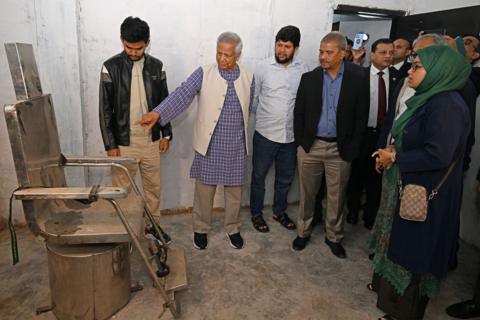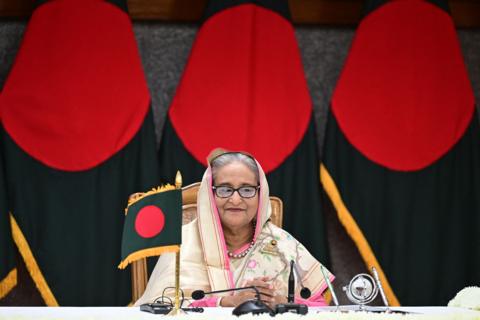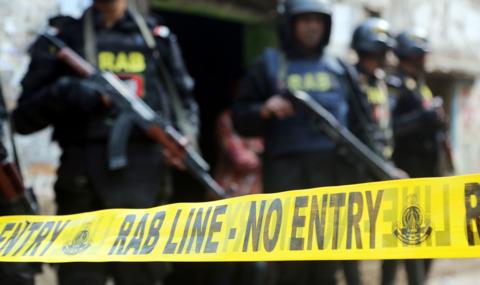When investigators smashed through a hastily built wall, they uncovered a set of secret jail cells.
It turned out to be a freshly bricked-up doorway – an attempt to hide what lurked behind.
Inside, off a narrow hallway, were tiny rooms to the right and left. It was pitch-black.
The team may never have found this clandestine jail – a stone's throw from Dhaka's International Airport – without the recollections of Mir Ahmad Bin Quasem and others.
A critic of Bangladesh's ousted leader, he was held there for eight years.
He was blindfolded for much of his time in the prison, so he leaned on the sounds he could recall - and he distinctly remembered the sound of planes landing.
That was what helped lead investigators to the military base near the airport. Behind the main building on the compound, they found the smaller, heavily guarded, windowless structure made of brick and concrete where detainees were kept.
It was hidden in plain sight.
